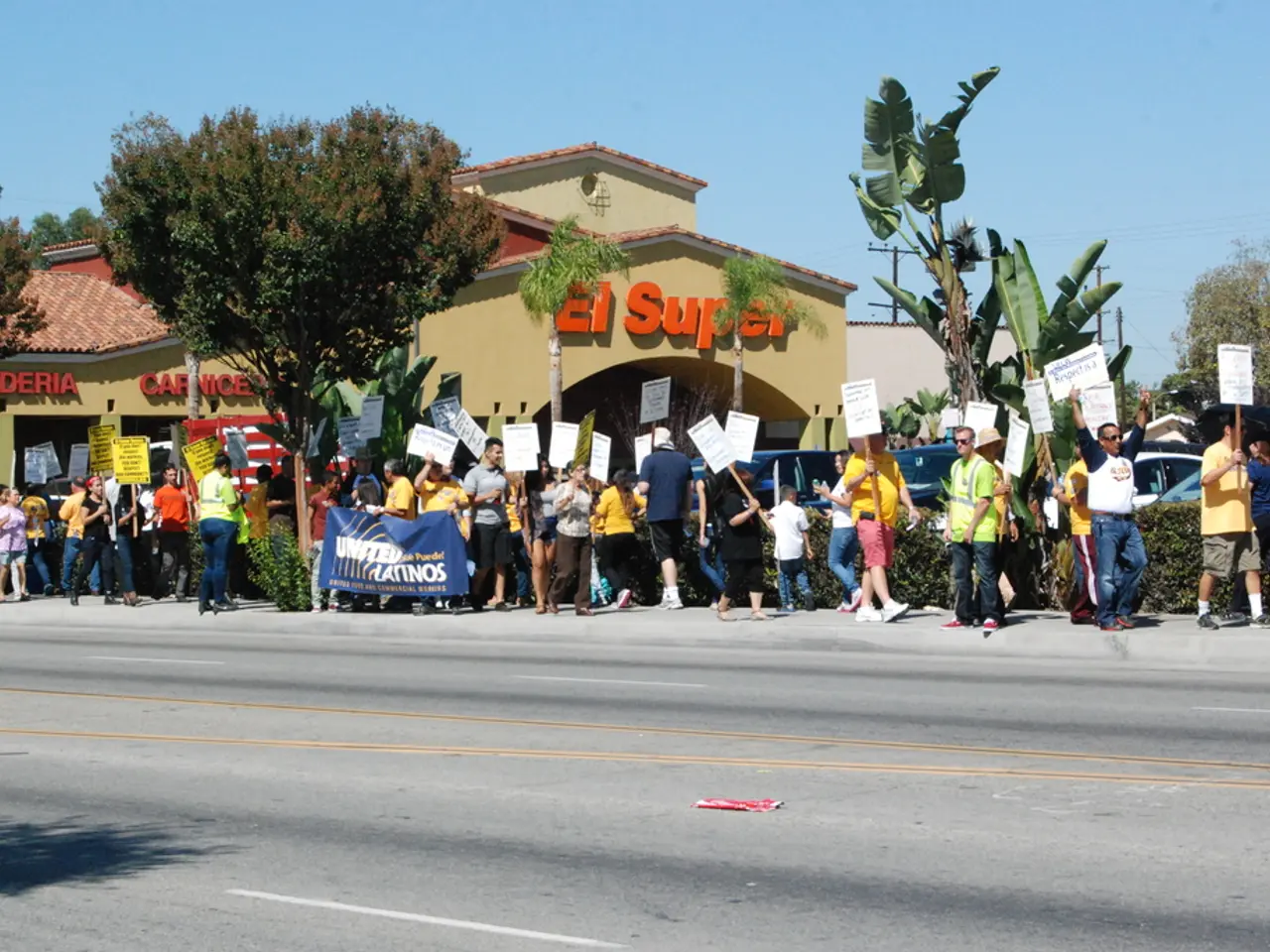Parliamentary Elections Gathered Together - According to Nouripour
In a bid to reduce the "breathlessness" in German politics, Bundestag Vice President Omid Nouripour has proposed a radical change to the country's election schedule. The Green politician suggests combining the election of the Bundestag with municipal elections, and holding all state parliament elections halfway through the Bundestag's term.
Currently, the Bundestag is elected every four years, while state parliaments (except for Bremen) are elected every five years. This means that Germany often has one state election after another, as stated by Nouripour. To implement his proposal, a change to the Basic Law would be necessary, as the term of the Bundestag is currently fixed.
If implemented, the Bundestag's legislative period could be extended to five years, according to Nouripour. This would provide those responsible with more time to implement their ideas. All state parliament elections could take place halfway through the Bundestag's term, reducing the frequency of elections and allowing more time for political work.
However, the hurdles for implementing Nouripour's proposal are high. Federal and state governments would need to collaborate to bring about this change. The election periods are regulated in the state constitutions, and changing them would require amendments at the state level.
Nouripour's concerns are that politics and party headquarters are "completely breathless" due to the frequent elections. He believes that bundling the federal, state, and municipal elections into two election dates with a five-year legislative period would help alleviate this issue. For example, federal and municipal elections could take place on the same day, and all state elections could take place halfway through the federal legislative period.
Five state elections are scheduled for four different dates in March and September next year: Baden-Württemberg, Rhineland-Palatinate, Saxony-Anhalt, Berlin, and Mecklenburg-Vorpommern. If Nouripour's proposal is implemented, these elections could be consolidated into two election days.
In conclusion, Nouripour's proposal to bundle the elections of German parliaments into only two terms, with state parliament elections taking place halfway through the Bundestag's term, could bring about significant changes to the country's political landscape. While the hurdles for implementing this proposal are high, it could help alleviate the "breathlessness" in politics and provide more time for political work.
Read also:
- Lu Shiow-yen's Challenging Position as Chair of the Chinese Nationalist Party (KMT) Under Scrutiny in Donovan's Analysis
- House Representation Originally Meant to Be Close to the People; Redistricting Risks Undermining This Connection
- Thai electorate supports business magnate from Generation X as prospective Prime Minister
- Tensions over the contested border between China and India are under discussion at a crucial meeting, while Putin discusses Trump matters.








